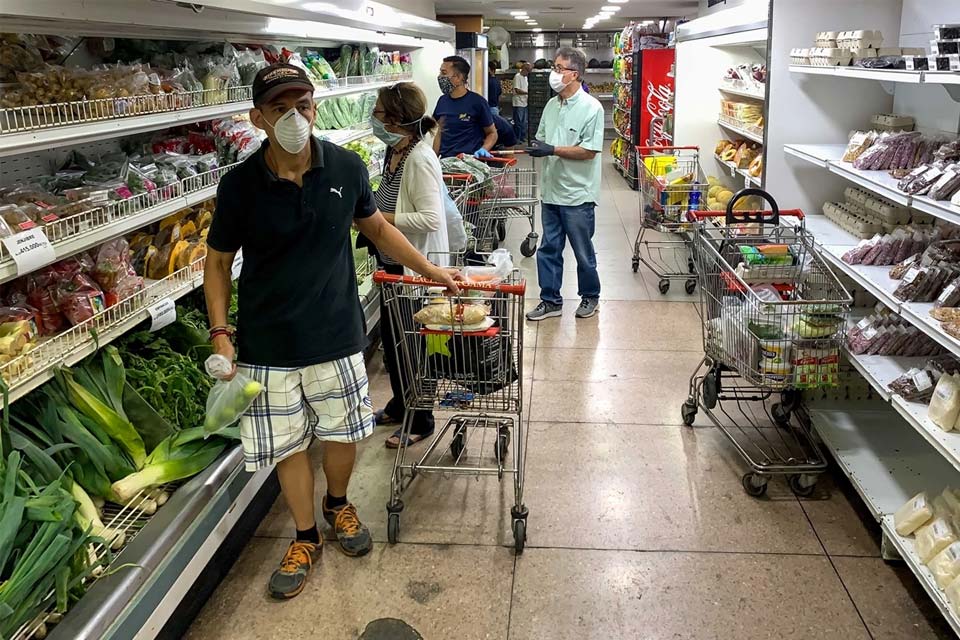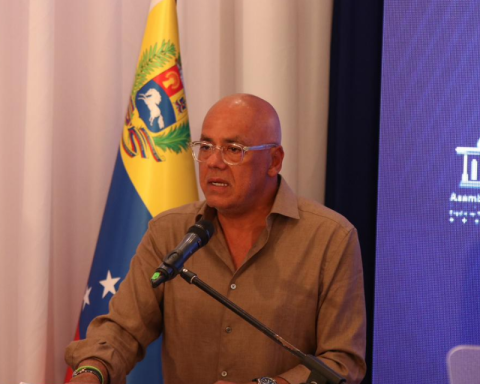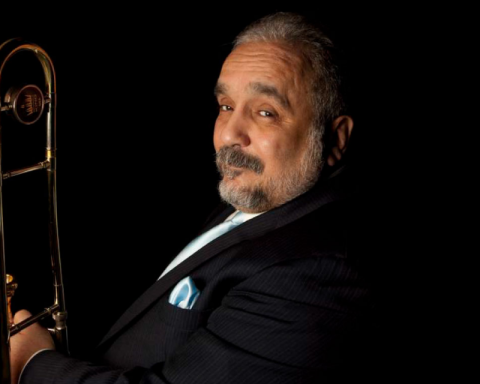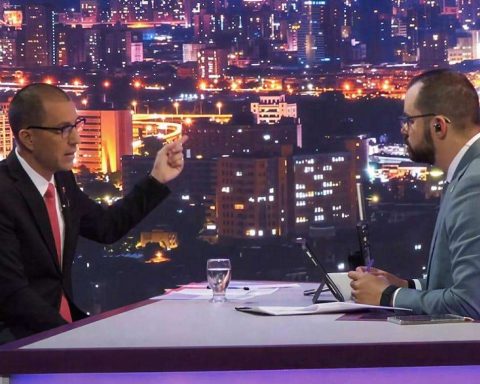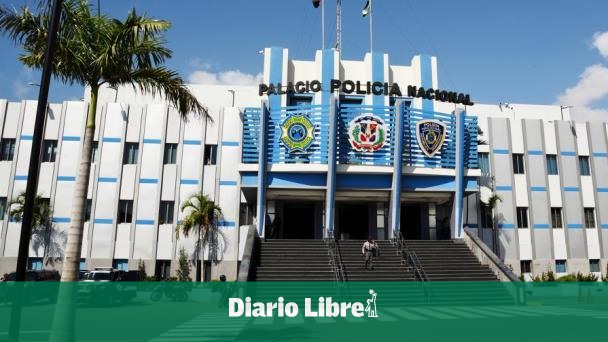The Venezuelan State contemplates in the Constitution a series of laws that protect the right to food of all its inhabitants, but they are not complied with. Proof of this is that a Venezuelan family of five members needs about 91.3 minimum wages to purchase the family food basket, and the established minimum wage is still 130 bolivars, about 5.28 dollars at the exchange rate of the official rate of the Central Bank. from Venezuela
He Documentation and Social Analysis Center of the Venezuelan Federation of Teachers (Cendas-FVM), reported this Tuesday, March 21, that a Venezuelan family of five members needs about 91.3 minimum wages to purchase the family food basketwhose value in February was $482.26.
At the moment, the minimum wage in Venezuela is established at 130 bolivars per monthabout 5.28 dollars at the exchange rate of the official rate of the Central bank of Venezuela.
According to Cendas estimates, a family needed 16 dollars a day to cover the food basket of 60 products, or 482.26 dollars a month, which represents a decrease of 0.9% compared to January, when it was 486.92.
However, when calculating in bolivars, the food basket had a cost of 11,873.34 bolivars, an increase of 14%, due to inflation, compared to last January when it was registered at 10,418.98.
The sector that increased the most in the market was sauces and mayonnaises, with a variation of 39.88%, followed by cereals and derived products, with an increase of 22.61%, and grains, with an increase of 22.61%.
Lower February inflation
Inflation in February was 20.2%, 19.2 percentage points less than in January, when it was 39.4%, according to data released in early March by the Venezuelan Finance Observatory (OVF), an independent entity outside the Central Bank.
The organization explained that, with the price of the US dollar increasing by 11% in February, a monthly inflation rate of 20.2%, suggests that prices are “overreacting to the devaluation of the bolivar.”
Laws are not enforced
In the Venezuelan State there are several laws that protect the right to food of all its inhabitants, but in practice, this is not fulfilled.
Article 305 establishes the guarantee of food security for the population, giving constitutional character to the different human rights treaties signed by the Republic.
The Organic Law on Food Security and Sovereignty (LOSSA), which is responsible for regulating the production, marketing and distribution of food, refers to the right that all Venezuelans have to have: agri-food security and sovereignty with special emphasis on promoting national food production, availability, timely access, safety and quality thereof.
It should be remembered that Venezuela is part of the International Covenant on Economic, Social and Cultural Rights since 1978, which in its article 11.2 recognizes the right of everyone to be protected against hunger.
It is also part of the American Convention on Human Rights (ACHR) that in its article 26 is the Right to Food.
But, despite this, about 6.5 million Venezuelans suffer from hunger, according to the report “Regional Panorama of Food and Nutrition Security in Latin America 2022”, from the United Nations (UN).
“A look at the hunger trends in the countries of the region shows that hunger increased significantly in Venezuela, by 18.4 percentage points, that is, 5 million more hungry people between the periods 2013-2015 and 2019-2021. ″, stated the report published last January.
*Read also: Conindustria: Only 16% of industrialists believe that it will do better in 2023
Post Views: 193
